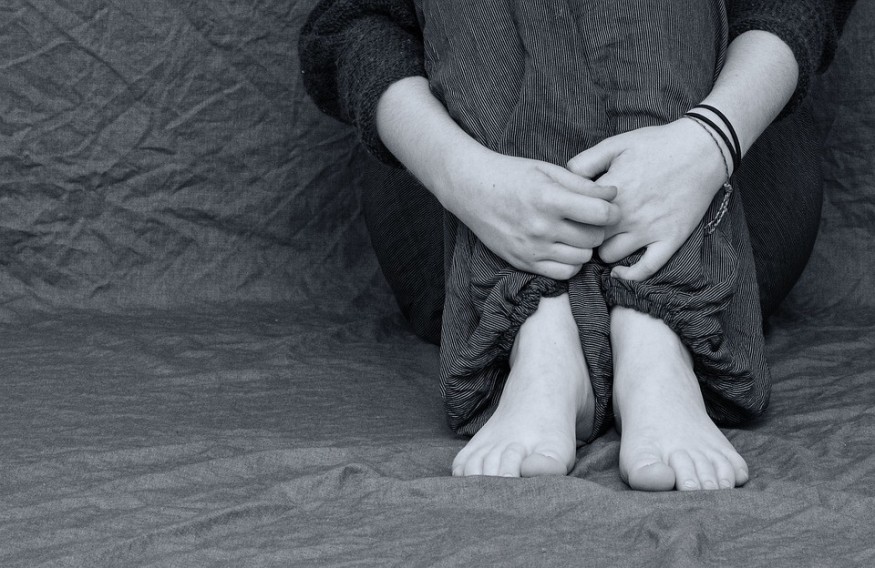
If you are smoking tobacco, you have a higher risk of developing depression and schizophrenia, according to the latest study.
There are many people with mental health conditions who smoke, and the researchers from the University of Bristol tried to find out if tobacco is causing that problem or it is merely a coping mechanism or a form of self-medication.
The conclusion? It is both.
There was evidence of causal effects on both situations, said Dr. Robyn Wootton, the lead author of the study. She also said that their research will add to the already long list of why people should not smoke as it will worsen the preexisting mental health problems.
The research published in the journal Psychological Medicine monitored 462,690 individuals with European ancestry using the Mendelian randomization approach.
The researchers concluded that people who smoke might develop depression later on their life. Likewise, depressed people are more likely to smoke. The case is also the same with schizophrenia, although the link is much weaker.
However, the study has one major weakness: it focused alone on European people.
Still, they recommended that psychiatric hospitals should be smoke-free.
Wottoon claimed that it is still unknown how smoking increases the risk, but she suspects that it could be the nicotine as it influences the brain activities.
"The risks of smoking tobacco, including this recently discovered, should be communicated widely, especially to children who are tempted to try smoking," said Dr. Ian Hamiltom, an expert in addiction and mental health from the University of York.
Cannabis also increases risk
Wottoon mentioned how studying cannabis might better explain the correlation between smoking and the risk for depression and schizophrenia.
According to a study published in the journal Lancet Psychiatry, while there is a benefit of using cannabis to cure depression, anxiety, and other mental health problems, the risks outweigh it.
For instance, THC, a derivative of cannabis, is used as a medication for anxiety and multiple sclerosis. The study claimed that the evidence that supports it is "low quality," and it actually makes psychosis worse.
Moreover, the authors reviewed 83 studies that involved 3,000 people. Those studies are about the effects of medical cannabinoids on various mental health disorders like Tourette syndrome, attention-deficit hyperactivity disorder (ADHD), depression, and psychosis. What they found out proves that the evidence of its beneficial effects are inadequate at best.
The paper also claimed that cannabis actually worsens depression, anxiety, and psychotic symptoms, after reviewing "a large body of research."
They also mentioned some previous studies. One well-constructed study says the symptoms of acute psychosis might occur more often because of cannabis usage. Another one talks about the higher risk for cannabis dependence on young adults, the age group where depression and anxiety are more common.
The lead author of the study, Prof. Louisa Degenhardt of the National Drug and Alcohol Research Centre in Sydney, Australia, claimed that their study is timely due to the increasing demand for medical cannabis.
In places where medical cannabinoids are legal, doctors and patients should weigh both the limited evidence of benefits and the risks when using this for medication, said Prof Degenhardt. She also added that people who proceed with the medication should be monitored strictly both for positive and negative impact.
© 2026 NatureWorldNews.com All rights reserved. Do not reproduce without permission.





